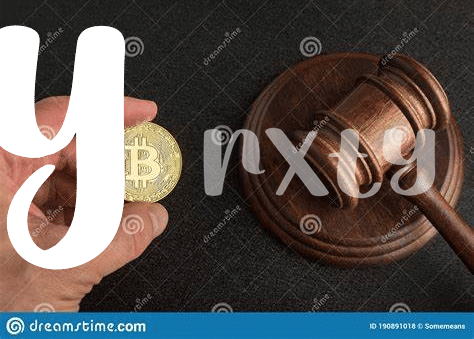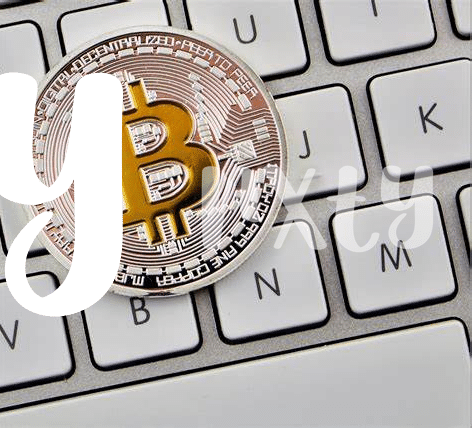Introduction to Bitcoin Dispute Resolution 🌐

In the realm of Bitcoin dispute resolution, navigating conflicts in the digital currency world requires innovative approaches. As the digital landscape evolves, so too must the mechanisms for resolving disputes in a decentralized environment. The rise of blockchain technology has introduced a new frontier where traditional dispute resolution methods can be reimagined. By exploring alternative avenues such as mediation, arbitration, smart contracts, and decentralized platforms, the Bitcoin community is forging paths towards efficient and effective resolution strategies.
**Table:**
| Methods | Description |
|———|————-|
| Mediation | Collaborative process with a neutral third party |
| Arbitration | Formal process where decisions are binding |
| Smart Contracts | Self-executing and automated agreements |
| Decentralized Platforms | Distributed networks for dispute resolution |
Benefits and Drawbacks of Mediation 🤝
Mediation can offer a neutral ground for parties in conflict to openly communicate and reach a mutually acceptable resolution. By fostering an atmosphere of collaboration and understanding, mediation promotes a sense of empowerment among the disputing parties. This process enables them to actively participate in crafting a solution tailored to their unique needs and circumstances. However, despite its advantages, mediation may also encounter challenges, such as potential delays in reaching a consensus or limitations in enforcing the agreed-upon terms. Understanding the nuances of mediation’s benefits and drawbacks can empower individuals to make informed decisions when seeking to resolve Bitcoin disputes amicably.
The Role of Arbitration in Bitcoin Disputes ⚖️

Arbitration offers a structured approach to resolving Bitcoin disputes, providing parties with a neutral platform to present their cases. It involves a third-party arbitrator who assesses the evidence and makes a binding decision based on the specifics of the dispute. One key advantage is the flexibility it offers in choosing the arbitrator and tailoring the arbitration process to suit the needs of the parties involved. However, some drawbacks include potential costs and the lack of transparency compared to other methods. Despite these challenges, arbitration remains a popular option in Bitcoin disputes due to its efficiency and enforceability in cross-border contexts. As the use of Bitcoin continues to grow, understanding the role of arbitration in dispute resolution is increasingly essential in ensuring the security and stability of transactions.
Utilizing Smart Contracts for Resolution 🤖

Link to be inserted: bitcoin payment dispute resolution in timor-leste
Smart contracts offer a revolutionary approach to resolving Bitcoin disputes efficiently and transparently. These self-executing contracts are programmed to automatically enforce the terms agreed upon by the involved parties, eliminating the need for intermediaries. Through blockchain technology, smart contracts ensure that settlements are executed only when predefined conditions are met, enhancing security and trust in the dispute resolution process. By leveraging code and cryptography, smart contracts provide a decentralized and immutable framework that significantly reduces the potential for ambiguity or manipulation in resolving Bitcoin-related conflicts. As the crypto space continues to evolve, integrating smart contracts into dispute resolution mechanisms holds immense promise for streamlining processes and fostering greater confidence in handling Bitcoin disputes.
The Emergence of Decentralized Arbitration Platforms 🌍
Decentralized arbitration platforms are revolutionizing the way Bitcoin disputes are resolved by removing central authority and shifting power to the community. These platforms operate on blockchain technology, ensuring transparency and immutability of records. Participants can engage in dispute resolution without relying on traditional legal systems, leading to quicker and more cost-effective outcomes.
Through decentralized arbitration platforms, users have access to a global network of arbitrators and mediators, enabling diverse perspectives and expertise in resolving disputes. The automated processes streamline the resolution process, offering efficiency and reducing the potential for bias. As these platforms continue to evolve, they hold the potential to become the preferred method for addressing Bitcoin disputes in a decentralized and fair manner.
| Advantages | Challenges |
|---|---|
| Transparency | Scalability |
| Efficiency | Regulatory Uncertainty |
Future Trends in Bitcoin Dispute Resolution 🔮

Future Trends in Bitcoin Dispute Resolution 🔮
One major future trend in Bitcoin dispute resolution is the increasing reliance on blockchain technology to streamline the process. Smart contracts are anticipated to play a more significant role in automating and enforcing agreements between parties in a dispute. These self-executing contracts can help reduce the need for third-party intermediaries and minimize the potential for human error or bias. Additionally, the rise of decentralized arbitration platforms is set to revolutionize how disputes are settled in the cryptocurrency space. By leveraging blockchain’s transparency and security features, these platforms offer a more trustless and efficient way for disputing parties to reach a resolution.
For a practical example of Bitcoin payment dispute resolution, one can explore how the process is evolving in different regions. In Trinidad and Tobago, efforts are underway to establish mechanisms for handling Bitcoin payment disputes, with a focus on promoting transparency and accountability in these transactions. To learn more about Bitcoin payment dispute resolution in Trinidad and Tobago, visit bitcoin payment dispute resolution in Togo.
